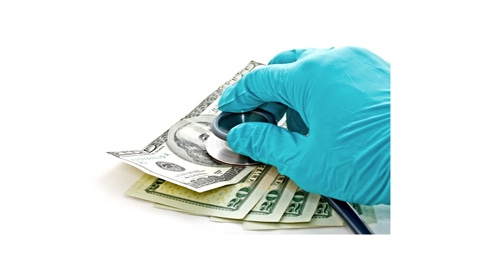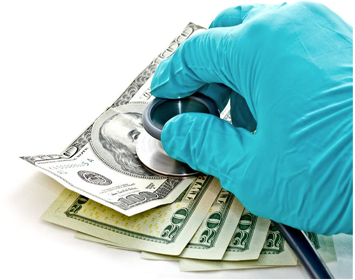Better Hospital Economics To Make TAVR Adoption More Widespread, Boosting Edwards Lifesciences
In the U.S., success of Edward Lifesciences transcatheter aortic valve replacement system depends on hospitals making more money per procedure through reduced hospital stays

In the U.S., the only company to have an approved transcatheter aortic valve replacement (TAVR) system is Edward Lifesciences.
|
|
The launch of the product - back in November 2011 - was highly anticipated. After all, this minimally-invasive technology to replace diseases aortic valves would offer alternatives for patients too sick to undergo open heart surgery.
Edwards' Sapien sales hummed along initially but hit a brick wall in the third quarter of 2012, when the company preannounced In October that it would not meet its sales estimates for Sapien targets. Although it bounced back in the fourth quarter, how well the company does in terms of cornering market share in TAVR that is bound to send its stock higher, depends largely on hospitals.
Here's why, explains Glenn Novarro in a recent research note.
While getting reimbursed for this novel procedure has become easier, hospitals still lose money when doing this procedure compared with the more "lucrative procecure" of open heart surgery, Novarro notes.
But as doctors become more familiriazed with the procedure - which has a steep learning curve - and there are less complications from the surgery, the number of days a patient stays at the hospital will reduce. That will have a positive impact on costs for the hospital.
Reduction in hospital stay will occur once next generation of valves such as the Sapien XT is approved in the U.S, Novarro wrote in the note quoting Dr. Joseph Bavaria, who participated in clinical trials related to the approval of Sapien and is a high-volume implanter.
It will be interesting to see if Edwards Lifesciences can maintain its lead in the U.S., once Medtronic's CoreValve transcatheter product, which is currently undergoing evaluation, is commercialized. In Europe, the two companies, bitter rivals that have legally wrangled about its valve products over the years, are fighting it out.
--Arundhati Parmar, Senior Editor, MD+DI
Related Content
About the Author(s)
You May Also Like


.png?width=300&auto=webp&quality=80&disable=upscale)
